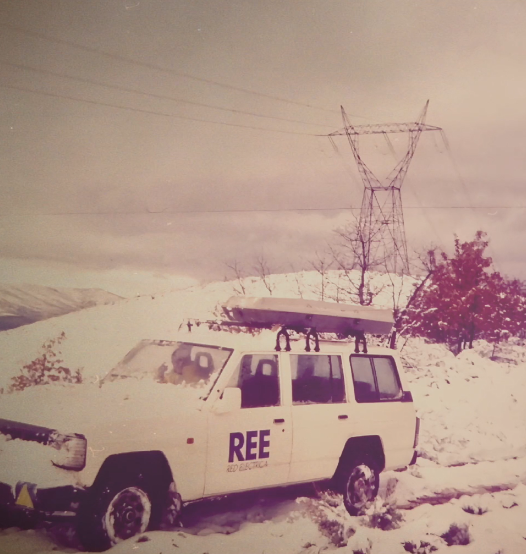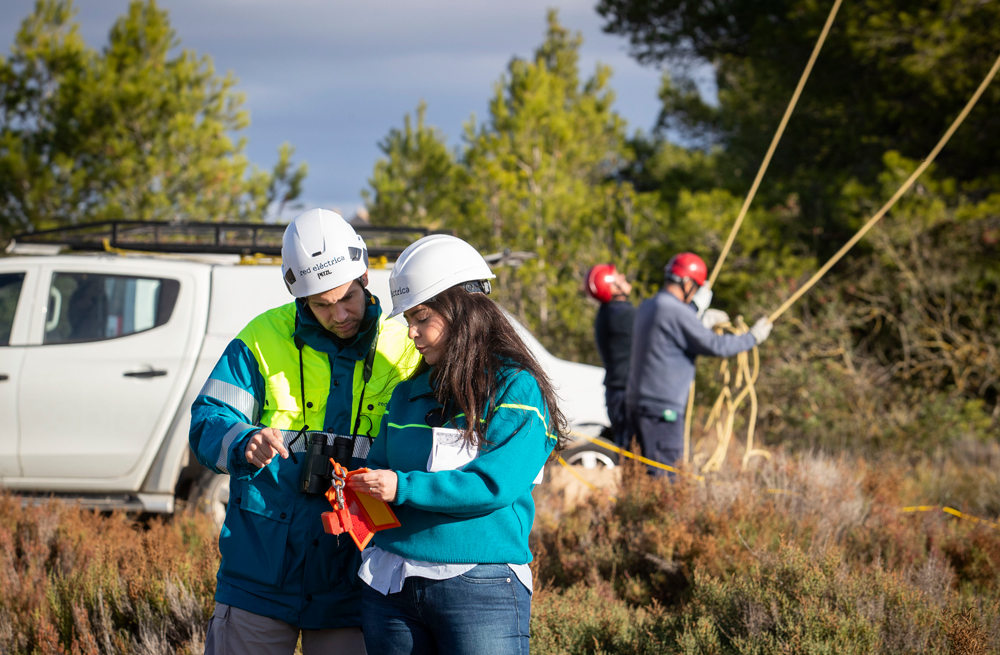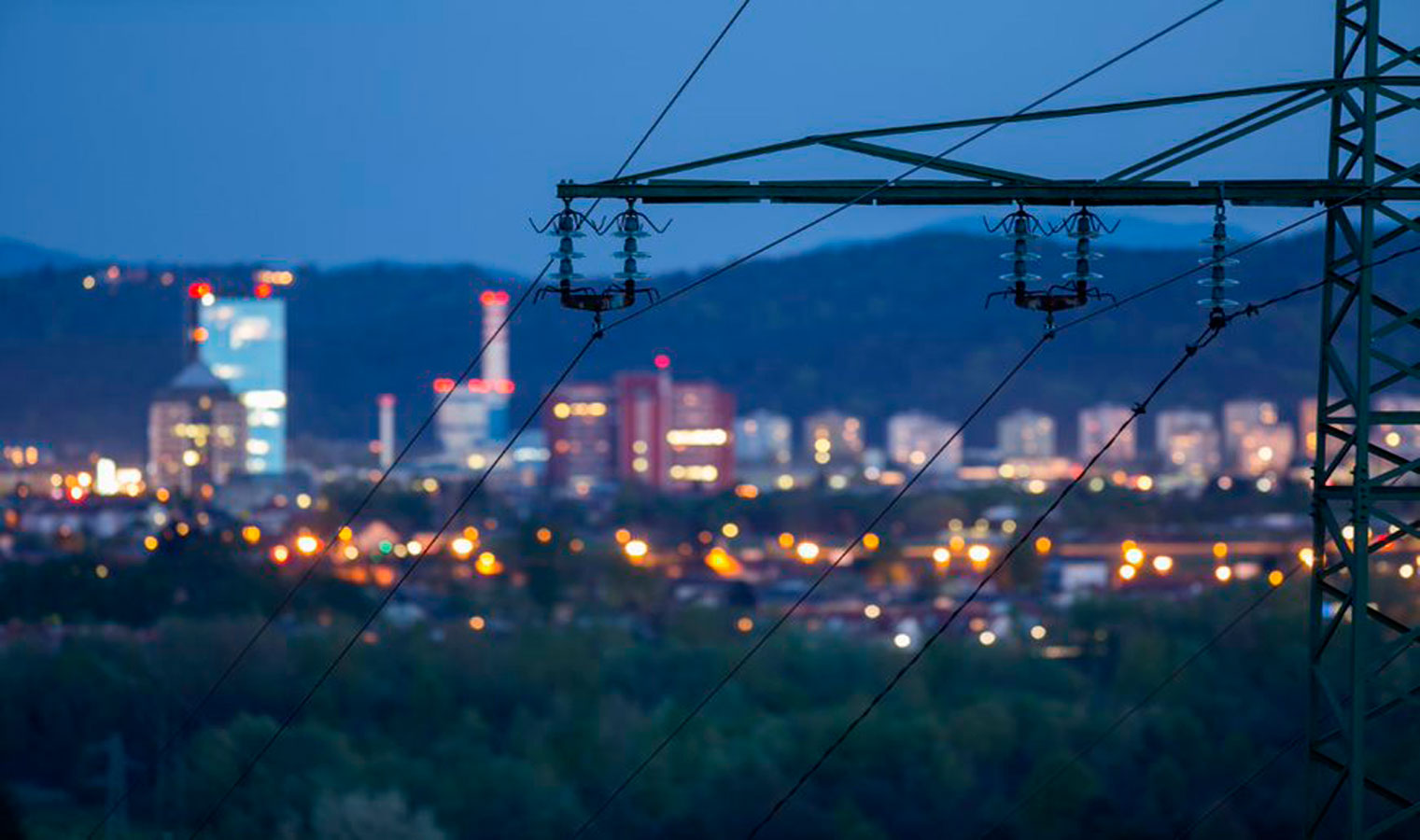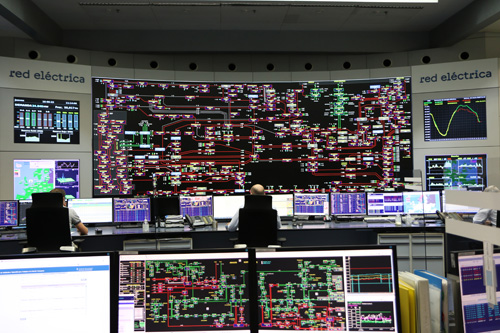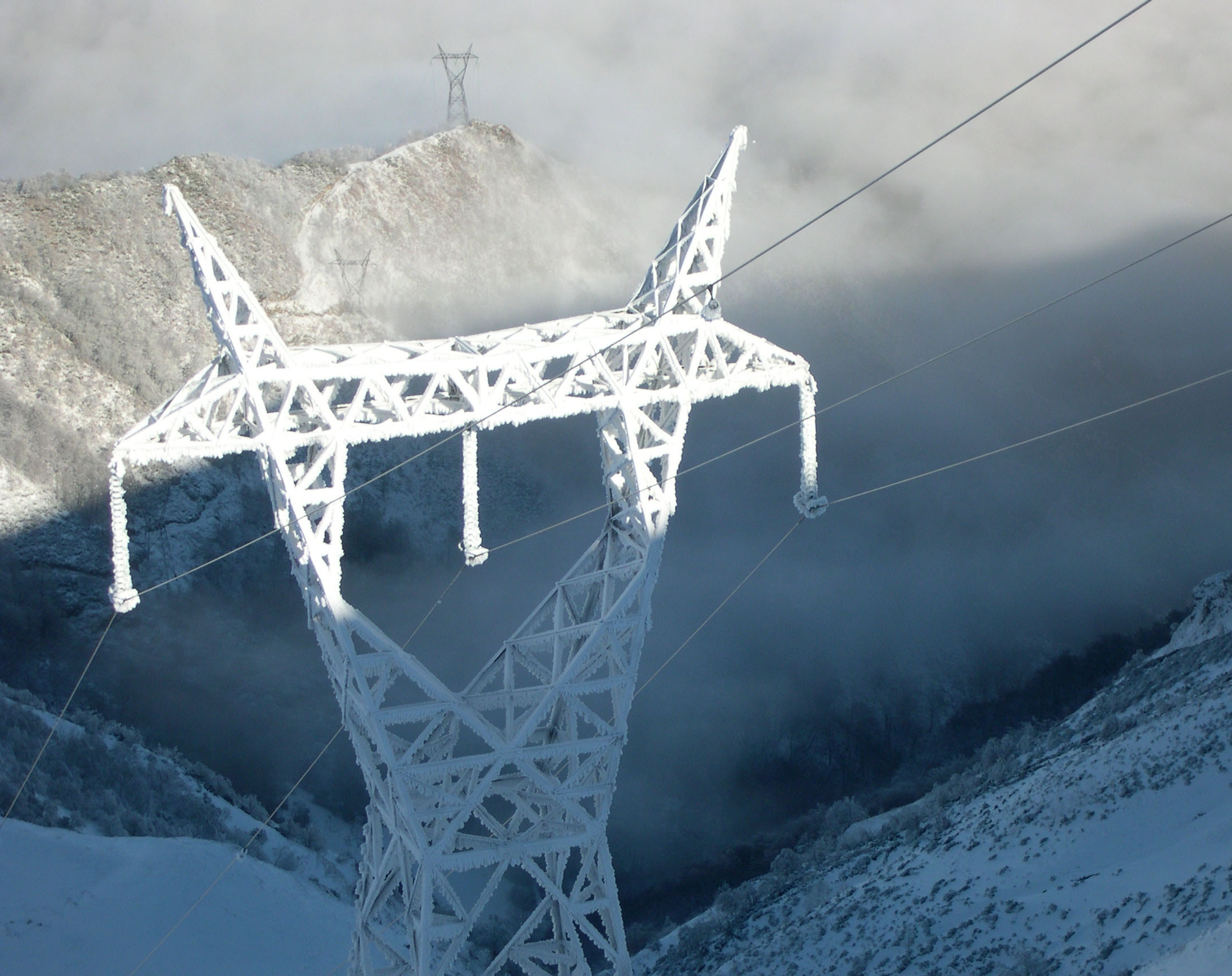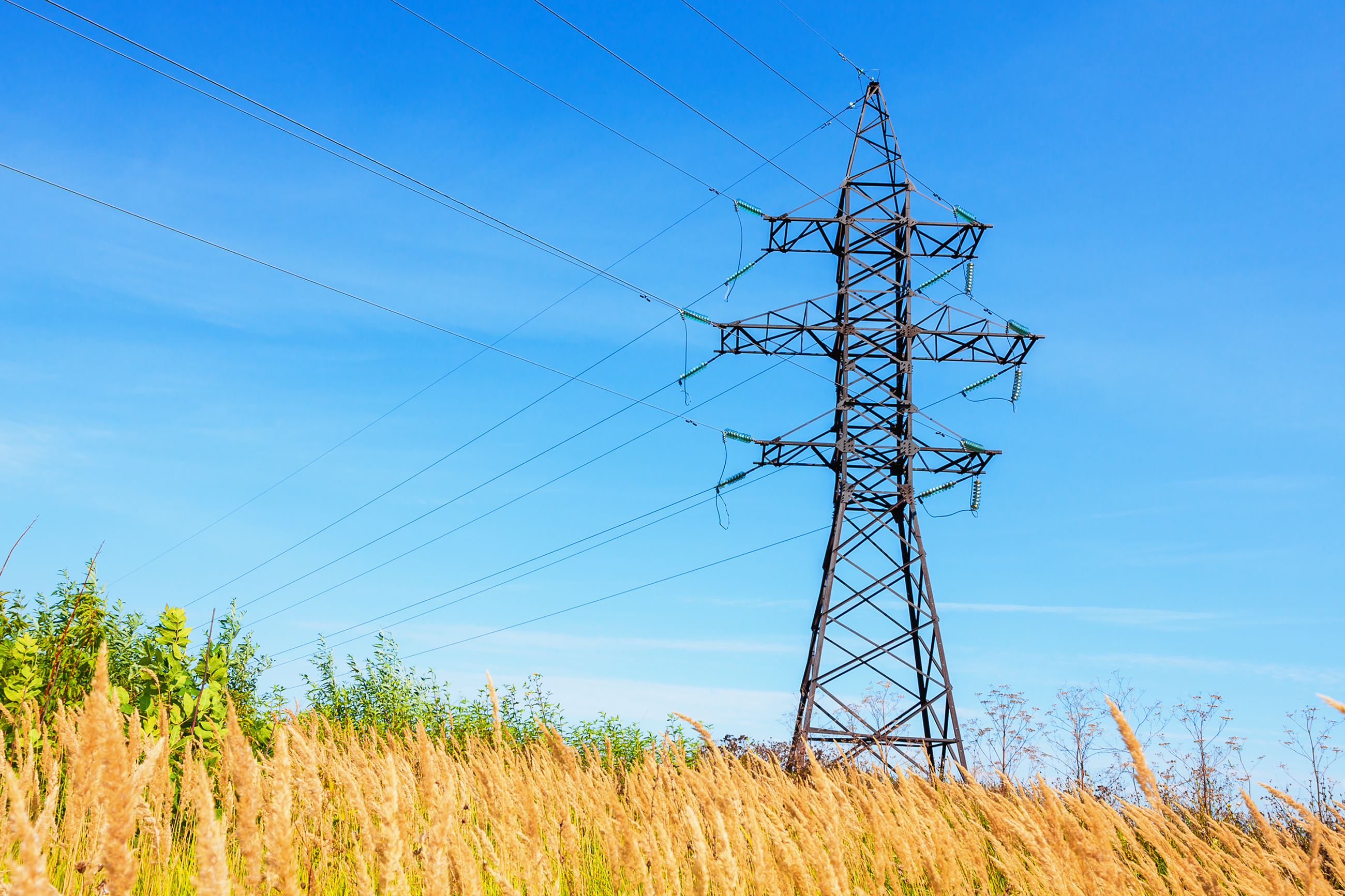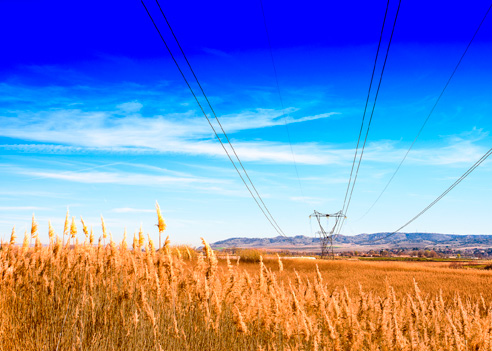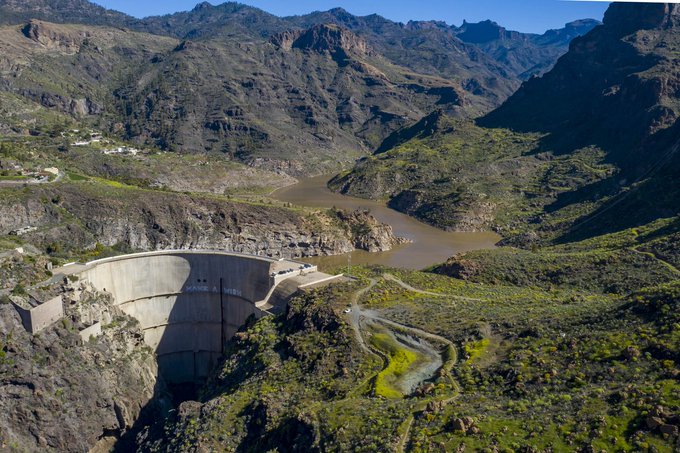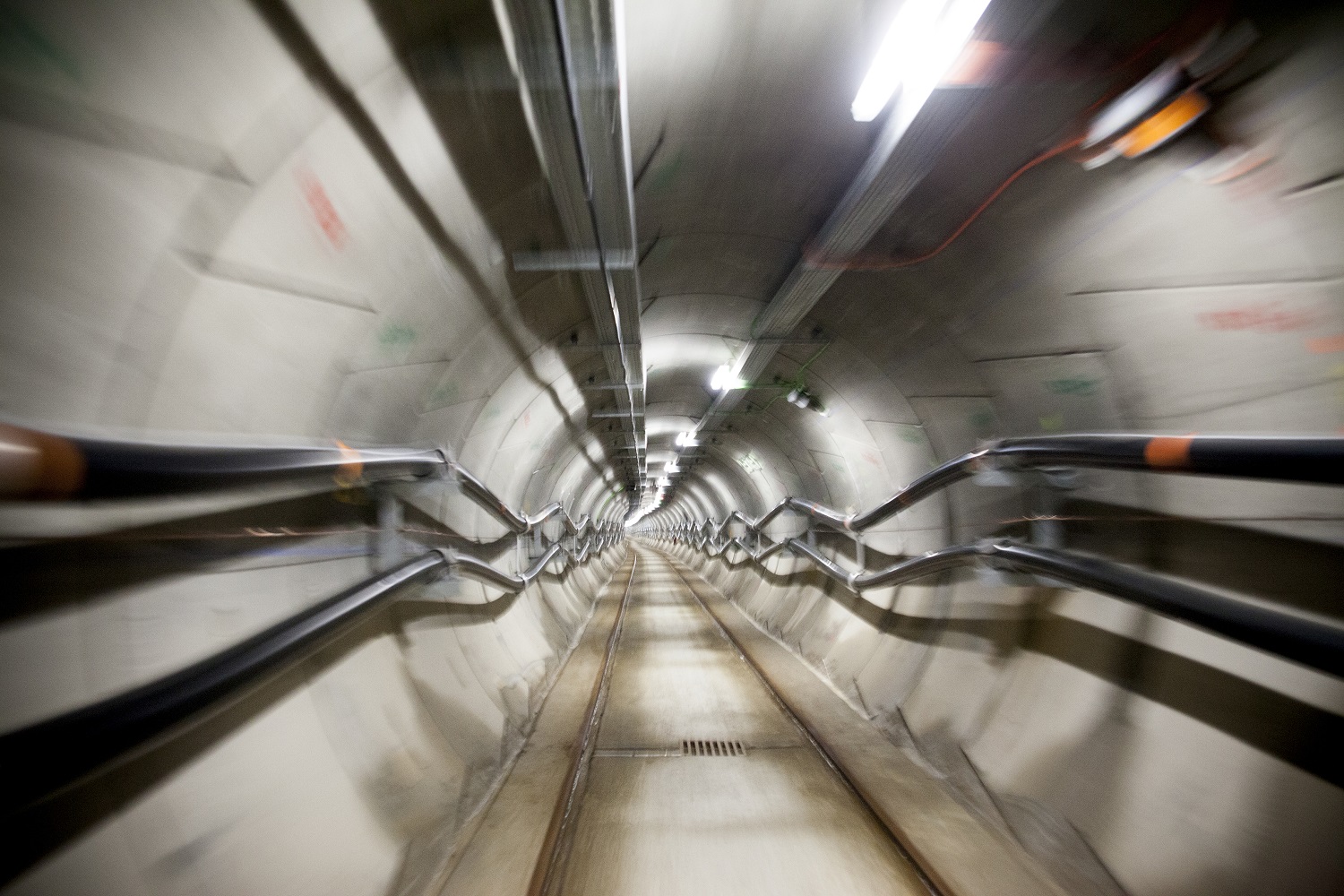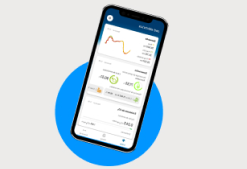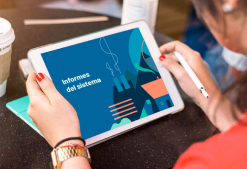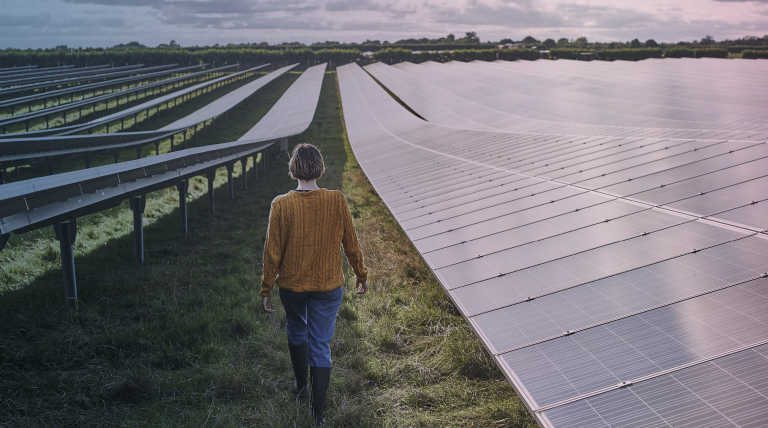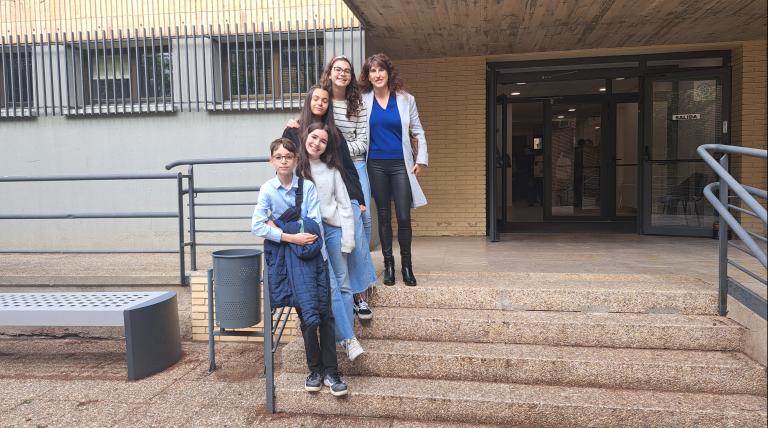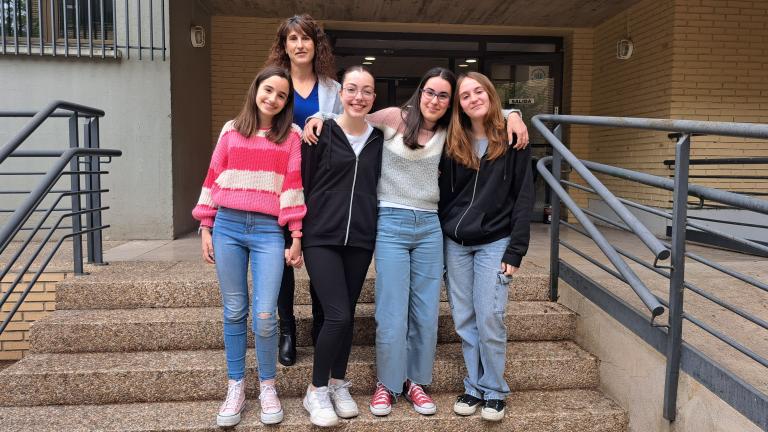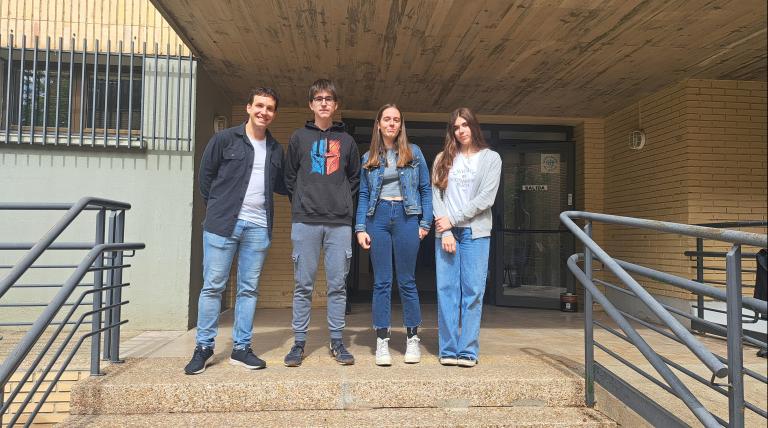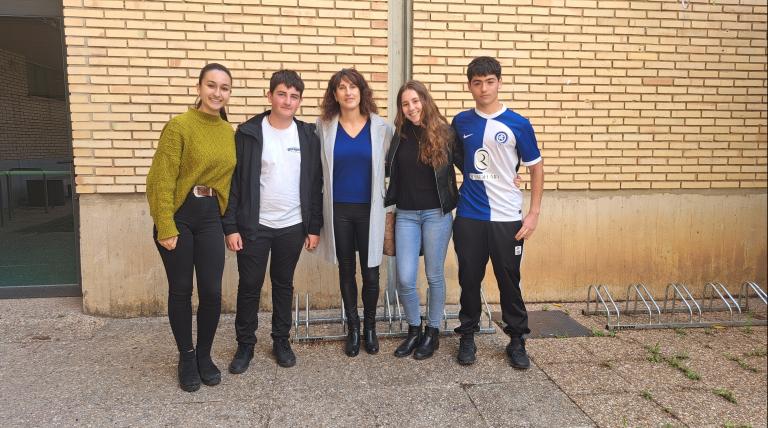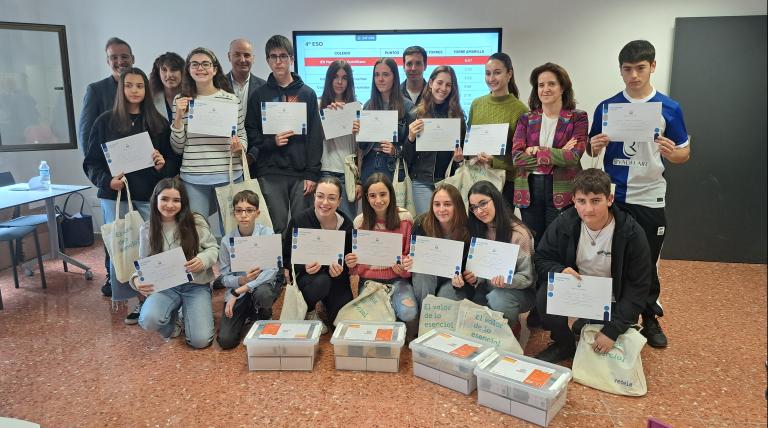For 40 years, we've been driving our country's economic and social progress. Four decades shaping Spain.
Schools from Albacete, Cuenca, and Guadalajara will represent Castilla-La Mancha at the national final of the Entreredes Olympics
- The winning teams will compete with the other autonomous communities at the national final, due to take place on 6 June
- Castilla-La Mancha has been taking part in this event since 2017. This year, 8,450 students from 36 schools took part

Today, the Giovanni Antonio Farina School, from Azuqueca de Henares (Guadalajara) and the secondary schools (IES) Jorge Manrique from Motilla del Palancar (Cuenca), Bodas de Camacho from Munera (Albacete), and Bachiller Sabuco from Albacete won the regional final of the Entreredes Olympics. They will represent Castilla-La Mancha at the national final, due to take place on 6 June.
A total of 80 students from 14 schools competed in this regional final. In the preliminary phases of this year's competition, 8,450 students participated from 36 schools across the five provinces in Castilla-La Mancha.
The Jorge Manrique secondary school prevailed in the 1st secondary school category, Giovanni Antonio Farina won the 2nd, Bodas de Camacho won the 3rd, and Bachiller Sabuco won the 4th.
The competition involved teams playing a video game called Entreredes, created by Red Eléctrica (Redeia subsidiary responsible for the transmission and operation of electricity systems in Spain). The aim of this game is to teach younger generations how the Spanish electricity system works and to review their school knowledge in a fun and interactive way.
During the competition, the students virtually travel around the country via different lines and substations of the electricity transmission grid, and win points based on questions posed to them.
The winners of the regional finals secure a place at the national final, where they will have to demonstrate who has the best grasp of the knowledge conveyed in class, on subjects such as Geography and History, Physics and Chemistry/Biology, Mathematics, Language and Literature, Culture and Leisure, and, in particular, lessons learnt about energy, the ecological transition, and the Spanish electricity system.
The final was held this morning at the Castilla-La Mancha Science Museum in Cuenca. The Culture Coordinator of the Castilla-La Mancha Regional Government, Yolanda Rozalén, and the Museum Director, Javier Semprún, attended the event.
Castilla-La Mancha has been taking part in the Entreredes Olympics since 2017. Across the country, nearly 54,000 secondary school students from eleven autonomous communities and the autonomous city of Ceuta played the game and took part in the Olympics.
A game to help young people understand the energy transmission grid and much more
In Entreredes, the students virtually travel around the country via different lines and substations of the electricity transmission grid. In order to progress, they have to answer questions posed about the electricity system and subjects covered in class: Geography and history, physics and chemistry/biology, mathematics, language and literature, and culture and leisure.
Among other topics, they learn about renewable energies and their contribution to the mix, interconnections with other countries, the existence of a cable for electricity exchange with the Balearic Islands, and the implications related to the fact that the Canary Islands' electricity systems are isolated.
The game, which is completely free, is designed as a tool to support teachers in their lessons, as a resource for students to review information at home, and as a fun activity to share with family and friends. It has three different play modes which adapt to suit educational needs at all times: Classroom, Challenge, and Classic, and it is available for both desktops (Windows, MacOS, and Linux) and mobile devices (Android and iOS) via this link.
Downloads
